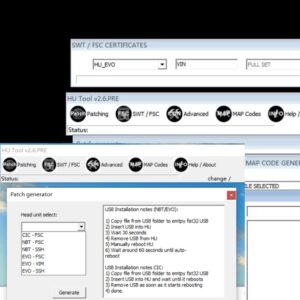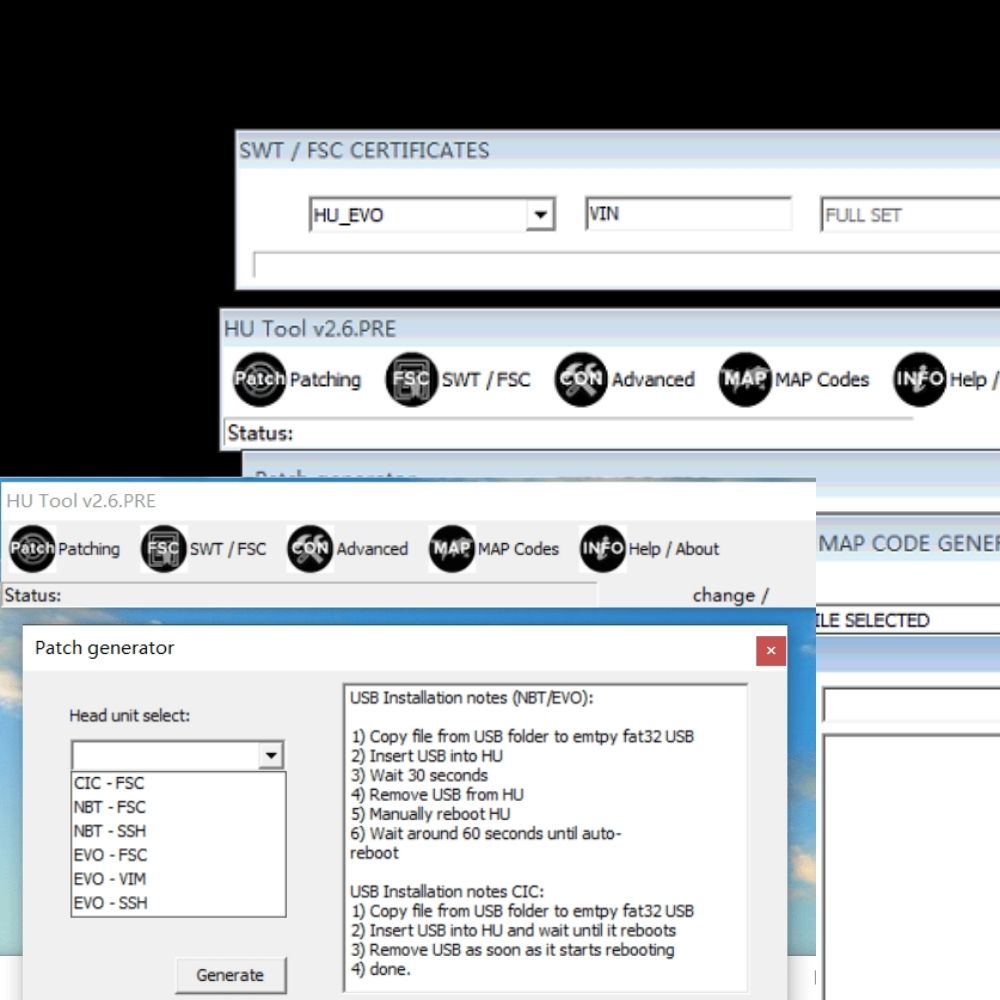
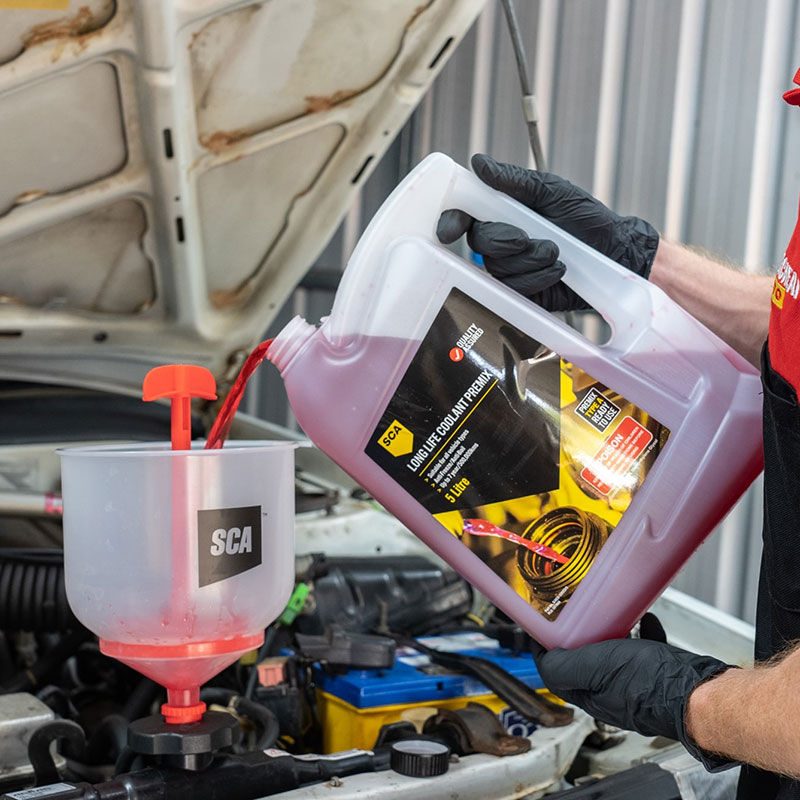
How Often Should Engine Coolant Be Changed?
Engine coolant, also known as antifreeze, is vital for your car’s engine health. Knowing how often to change engine coolant is crucial for preventing costly repairs down the line. Neglecting this essential fluid can lead to overheating, corrosion, and ultimately, engine failure. This guide will provide everything you need to know about engine coolant maintenance, helping you keep your car running smoothly for years to come.
Table of Contents
ToggleUnderstanding the Role of Engine Coolant
Engine coolant does more than just prevent your engine from freezing in winter; it also keeps it from overheating in summer. This fluid circulates through the engine block, absorbing heat and transferring it to the radiator, where it’s dissipated into the air. Additionally, coolant contains additives that protect against rust and corrosion, extending the life of your engine’s components.
How Often Should You Change Your Coolant?
The simple answer isn’t always so simple. There’s no one-size-fits-all answer to how often engine coolant should be changed. The frequency depends on several factors, including the type of coolant used, the make and model of your vehicle, and your driving habits.
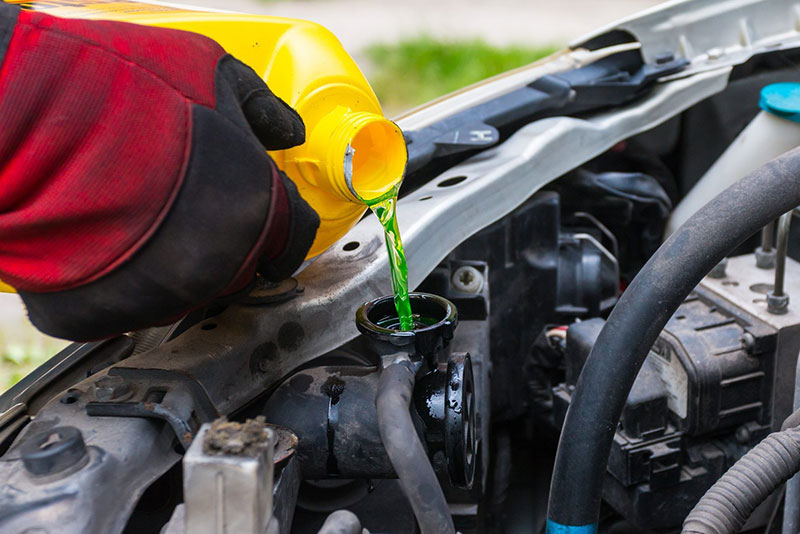
Factors Affecting Coolant Change Intervals
- Coolant Type: Traditional green coolant typically needs changing every two years or 30,000 miles. Extended-life coolants, such as orange or yellow, can last up to five years or 150,000 miles. Check your owner’s manual for specific recommendations for your car.
- Vehicle Make and Model: Different manufacturers have different recommendations for coolant change intervals. Always consult your owner’s manual for the most accurate information.
- Driving Conditions: Severe driving conditions, such as stop-and-go traffic, extreme temperatures, and towing, can put extra stress on your coolant system and may require more frequent changes.
Signs Your Coolant Needs Changing
- Discolored Coolant: If your coolant looks rusty, milky, or sludgy, it’s a sign that it’s contaminated and needs to be replaced.
- Low Coolant Level: A consistently low coolant level could indicate a leak in the system. Have it inspected by a mechanic as soon as possible.
- Overheating Engine: If your engine is overheating, it could be due to old or contaminated coolant that’s no longer effectively transferring heat.
- Sweet Smell: A sweet smell coming from your engine compartment could indicate a coolant leak.
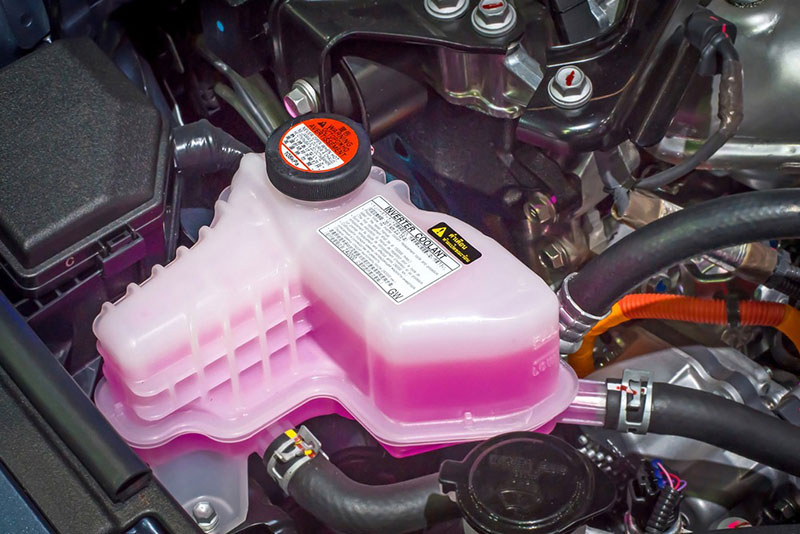
DIY Coolant Change or Professional Service?
While some car owners are comfortable changing their own coolant, it’s generally recommended to have this service performed by a qualified mechanic. They have the proper tools and expertise to safely drain and refill the system, ensuring no air pockets get trapped, which can lead to overheating.
What Happens If You Don’t Change Your Coolant?
Ignoring your coolant can lead to a cascade of problems, including:
- Corrosion: Old coolant loses its protective properties, allowing rust and corrosion to form within the engine block and radiator.
- Overheating: Contaminated coolant can’t effectively transfer heat, leading to engine overheating and potential damage.
- Water Pump Failure: The water pump relies on coolant for lubrication. Old, dirty coolant can cause the pump to wear out prematurely.
- Heater Core Issues: A clogged heater core can prevent your car’s heating system from working properly.
Choosing the Right Coolant
When choosing coolant, always refer to your owner’s manual for the manufacturer’s recommendation. Using the wrong type of coolant can damage your engine’s cooling system.
Expert Insights
“One common mistake car owners make is topping off their coolant with water without checking the condition of the existing fluid,” says automotive expert, Robert Johnson, ASE Certified Master Technician. “This can dilute the coolant and reduce its effectiveness.”
Another expert, Sarah Miller, Mechanical Engineer specializing in automotive cooling systems, adds, “Regularly checking your coolant level and condition is a simple yet crucial step in preventative car maintenance. Don’t wait for a problem to arise before addressing your coolant.”
Conclusion
Changing your engine coolant according to the recommended intervals is a vital part of car maintenance. By following the guidelines outlined in this article, you can protect your engine, prevent costly repairs, and keep your car running smoothly for years to come. Remember to check your owner’s manual for specific recommendations for your vehicle.
FAQ
- What is the difference between coolant and antifreeze? Antifreeze is a component of coolant, providing freeze protection. Coolant is a mixture of antifreeze and water, offering both freeze and boil-over protection.
- Can I mix different types of coolant? It’s generally not recommended to mix different coolant types as they may have incompatible chemical compositions.
- How do I check my coolant level? Locate the coolant reservoir (usually a translucent plastic tank) and check the level markings.
- What should I do if my engine overheats? Pull over safely, turn off the engine, and let it cool down completely before checking the coolant level.
- How much does a coolant flush cost? The cost varies depending on your location and the type of vehicle, but it typically ranges from $50 to $150.
- Can I dispose of used coolant down the drain? No, used coolant is toxic and should be disposed of properly at a recycling center or auto parts store.
- How often should I check my coolant level? It’s a good idea to check your coolant level at least once a month.
Other Helpful Articles on AutoExplain:
Need Help?
Contact us via WhatsApp: +1(936)2896695, email [email protected] or visit us at 4590 Angus Road, New York, United States. We have a 24/7 customer support team.


BMW FSC Codes Explained: Full FSC Code List for F-Series
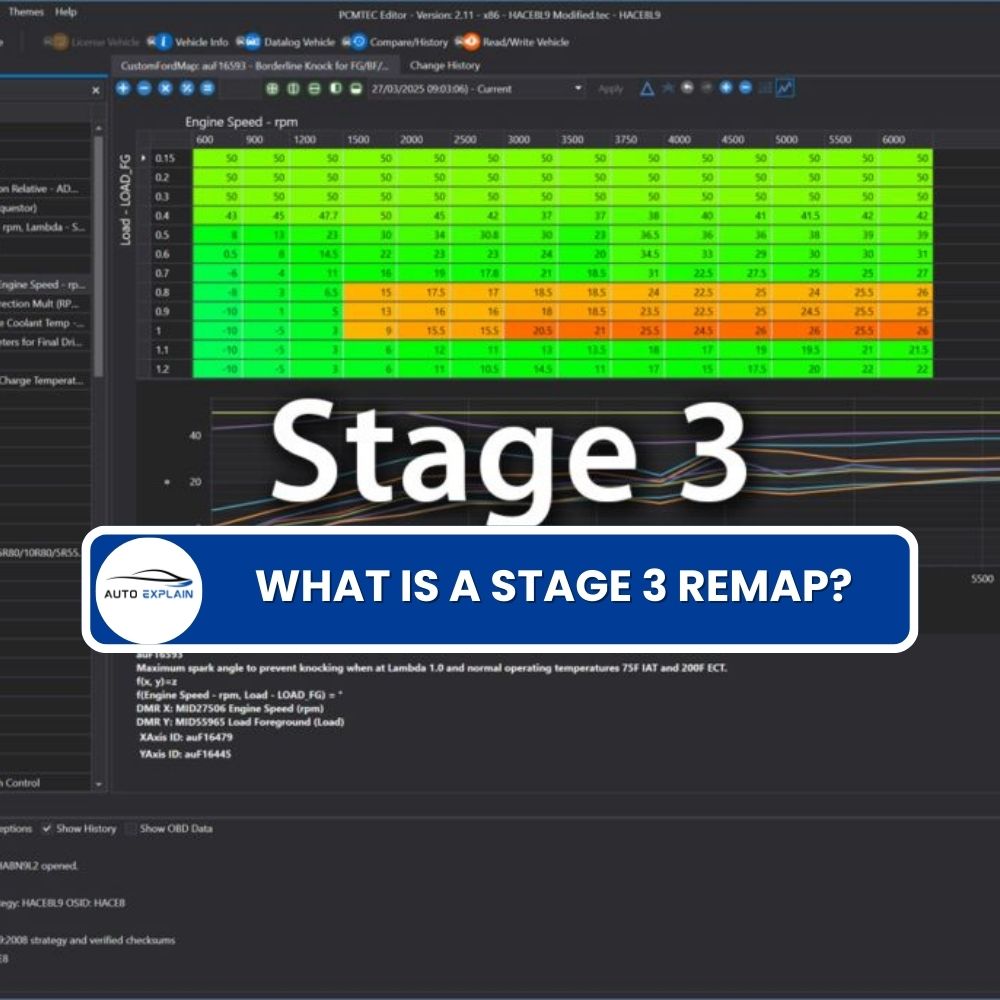
What is a Stage 3 Remap?

The Best Car Tuning Software in 2026: A Comprehensive Guide for Professionals




